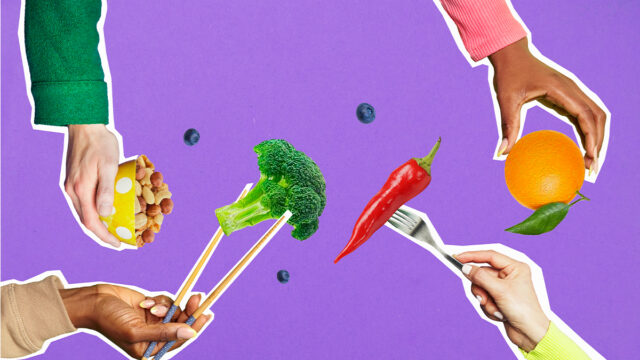Inspiration meets innovation at Brandweek, the ultimate marketing experience. Join industry luminaries, rising talent and strategic experts in Phoenix, Arizona this September 23–26 to assess challenges, develop solutions and create new pathways for growth. Register early to save.
Impossible Foods, following through on a pledge in 2023 to revamp its marketing, debuted new branding and packaging for its meat alternatives, trying to boost a battered category and win over new consumers.
The effort, announced at the annual Natural Products Expo West conference near Los Angeles, addresses a few of the nascent industry’s pain points head-on: taste and healthfulness.
Impossible’s new look and positioning is “inspired by the craveability of meat” and targeted broadly at flexitarians, the massive number of Americans who say they want to eat fewer animal products and often swap out traditional for faux meat.
“We want to be inclusive to anyone who enjoys great food—it doesn’t matter if you’re a vegan, a vegetarian, an animal meat-lover, or somewhere in between,” Peter McGuinness, president and CEO, said in a statement. “What we want to do is educate consumers that they can still enjoy meat by incorporating into their diet a version that’s made from plants instead of animals.”
The “meatier brand identity” intends to better communicate Impossible’s core goals, identified in this order: “To make meat from plants that tastes as good or better than the animal; is nutritionally competitive with high-quality protein, fiber, no cholesterol and less saturated fat; and has a smaller environmental footprint compared to the animal products it aims to displace.”
Slumping sales
Consumers have criticized meat substitutes for inferior taste, heavy processing and dubious ingredients. Analysts and industry watchers have blamed those factors—along with the higher price of alt meat compared to its animal counterparts—for a sizable dip in recent sales compared to the pandemic-era boom.
Faux meat sales at retail have dropped 27% in the fresh and frozen aisles combined, to just north of $1 billion, per Circana data for the 52 weeks ending in early January 2024. During that time, conventional meat grew more than 6% for some $63 billion in sales.
Marketers in the plant-based products space—especially alt meat and dairy, fighting against deep-pocketed and entrenched “Big Beef” and “Big Agriculture”—are in defensive mode, testing a number of tactics aimed at re-energizing the category.


